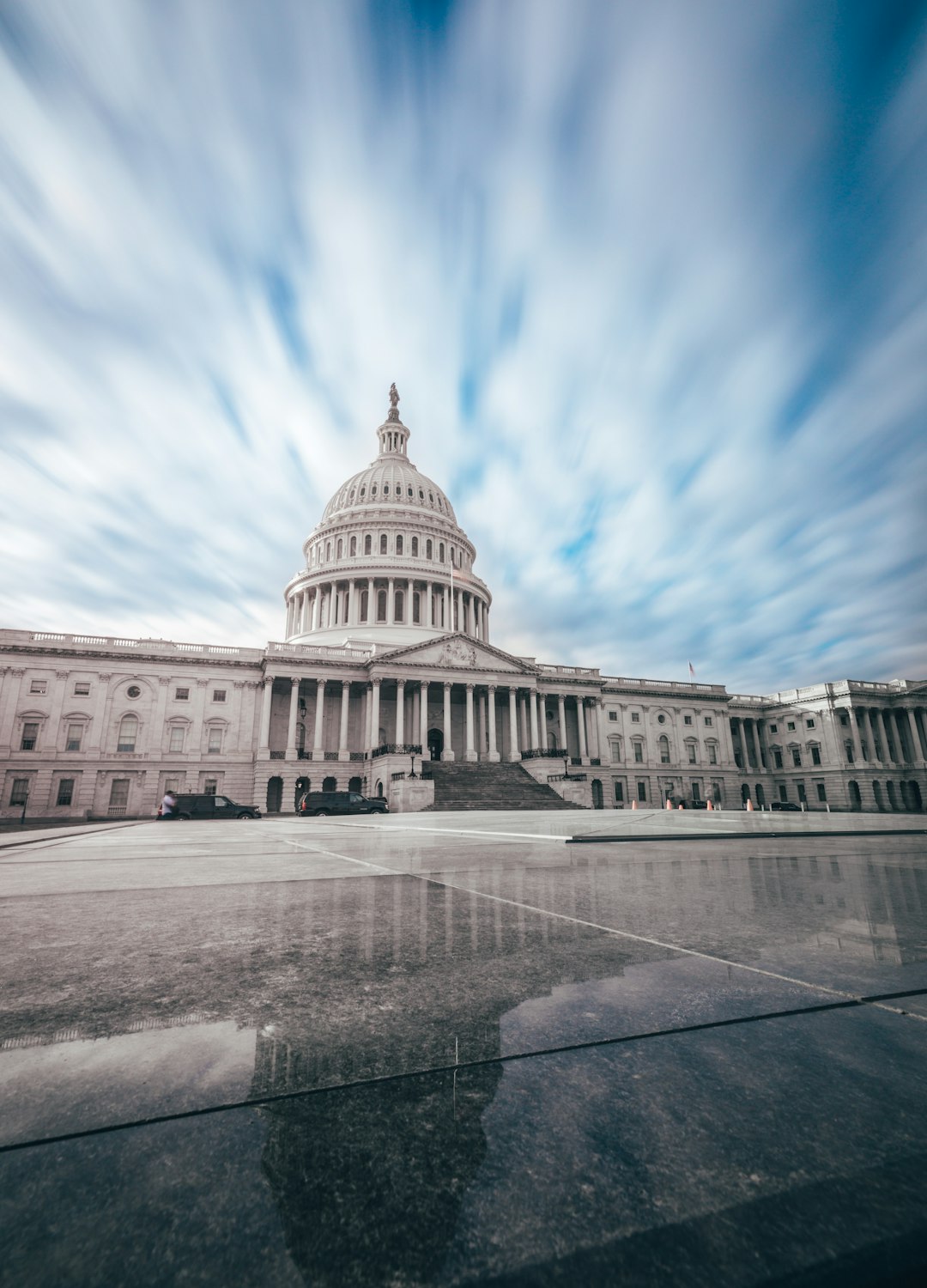Washington State's strict Do Not Call (DNC) laws protect residents from unwanted telemarketing and text messages, with both individuals and businesses, especially law firms, required to comply to avoid penalties. Consumers can register their numbers on the state's DNC list, blocking most unsolicited communication. These regulations empower residents to opt-out of marketing texts, hold spammers accountable, and foster a secure communication environment. Law firms operating in Washington have specific obligations regarding spam text messages, facing substantial fines for non-compliance after securing explicit consent and avoiding messaging registered numbers.
In Washington State, the enforcement of spam text messages is a critical aspect of consumer protection. With an increasing number of unwanted texts, understanding the state’s Do Not Call laws is essential for both businesses and law firms. This article explores Washington’s stringent regulations, focusing on how these rules impact and regulate spam text enforcement. We delve into the rights and responsibilities of law firms, providing clarity for professionals navigating this intricate legal landscape to ensure compliance with Do Not Call law firms in Washington.
Understanding Washington's Do Not Call Laws

In Washington State, the enforcement of anti-spam laws includes a robust Do Not Call (DNC) registry, specifically targeting telemarketers and law firms engaging in unsolicited text messaging. The state’s DNC law is designed to protect residents from unwanted contact, ensuring their peace and privacy. Individuals or businesses that send spam texts face strict penalties, including fines and legal action.
Understanding the Do Not Call laws is crucial for both consumers and legal entities. Washington residents can register their phone numbers on the state’s DNC list, effectively opting out of most telemarketing calls and text messages. This includes communications from law firms promoting their services. By adhering to these regulations, businesses can avoid legal complications and foster a better relationship with their prospective clients in the state of Washington.
The Role of Spam Text Enforcement

The enforcement of anti-spam text laws in Washington State plays a pivotal role in protecting consumers from unwanted and unsolicited text messages, often referred to as spam. These laws are designed to prevent businesses and individuals from sending bulk texts without proper consent, ensuring a safer and more secure communication environment for residents. One key aspect is the implementation of rules regarding Do Not Call lists, which include restrictions on marketing calls and texts, allowing residents to opt-out of receiving such communications.
Enforcing these laws helps deter abusive practices by holding perpetrators accountable. Washington’s regulations empower consumers to take action against spam text messages by providing avenues for reporting and seeking legal recourse. This proactive approach not only discourages spamming activities but also educates the public about their rights, fostering a more informed and protected community in the digital age.
Rights and Responsibilities for Law Firms

Law firms operating in Washington State have specific rights and responsibilities regarding spam text messages, particularly with respect to the “Do Not Call” laws. These regulations aim to protect consumers from unwanted marketing communications, including text messages. Firms must obtain prior consent from recipients before sending any promotional texts, ensuring strict adherence to the law. This means that law firms cannot randomly text advertisements to numbers listed on the Do Not Call list.
Violations of these laws can result in significant fines and legal consequences for the firm. It is crucial for legal professionals to educate their teams about these regulations, especially when outsourcing marketing efforts or using third-party communication services. Implementing robust internal practices and staying updated on changes in legislation will help law firms maintain compliance, ensuring they respect consumer choices and privacy rights.






